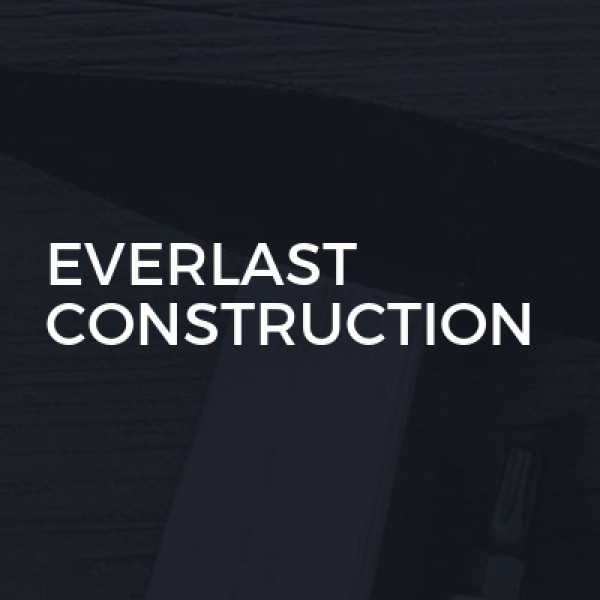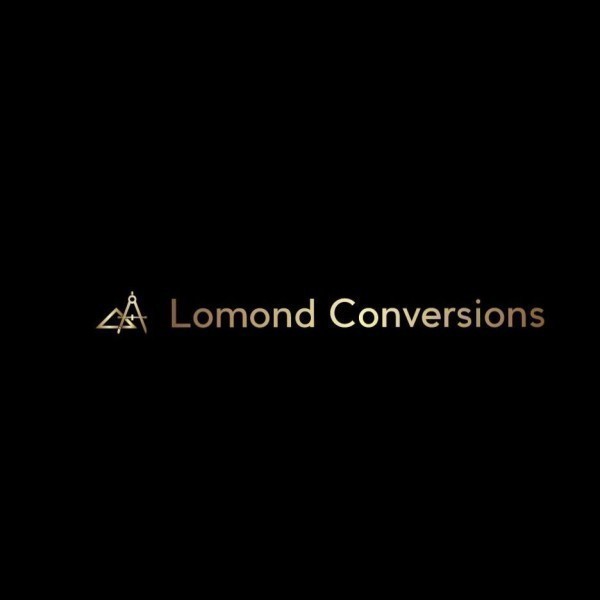Understanding Loft Conversions in Sheffield
Loft conversions in Sheffield have become a popular choice for homeowners looking to maximise their living space without the hassle of moving. With the city's unique blend of historic and modern architecture, converting a loft can add significant value to your home. This article will guide you through the process, benefits, and considerations of undertaking a loft conversion in Sheffield.
What is a Loft Conversion?
A loft conversion involves transforming an unused attic space into a functional room, such as a bedroom, office, or playroom. This process can significantly increase the usable space in a home, making it an attractive option for growing families or those in need of extra space.
Benefits of Loft Conversions
Loft conversions offer numerous benefits, including:
- Increased Property Value: A well-executed loft conversion can add up to 20% to the value of your home.
- Additional Living Space: Create a new bedroom, office, or leisure area without altering the footprint of your home.
- Cost-Effective: Compared to moving house, a loft conversion is often more affordable and less disruptive.
- Energy Efficiency: Modern conversions can improve insulation, reducing energy bills.
Types of Loft Conversions
There are several types of loft conversions, each suited to different property types and budgets:
- Dormer Loft Conversion: The most common type, adding a box-shaped structure to the roof, increasing headroom and floor space.
- Mansard Loft Conversion: Involves altering the roof structure to create a flat roof with a back wall sloping inwards, ideal for maximum space.
- Hip to Gable Loft Conversion: Suitable for semi-detached or detached homes, extending the sloping side of the roof to create a vertical wall.
- Velux Loft Conversion: The simplest and least invasive option, adding roof windows to the existing loft space.
Planning Permission and Building Regulations
In Sheffield, most loft conversions fall under permitted development rights, meaning planning permission is not required. However, building regulations approval is necessary to ensure the conversion is safe and structurally sound. It's crucial to consult with the local council or a professional architect to understand the specific requirements for your project.
Choosing the Right Contractor
Selecting a reputable contractor is vital for a successful loft conversion. Consider the following tips:
- Experience: Look for contractors with a proven track record in loft conversions.
- References: Ask for references or view previous projects to assess quality.
- Quotes: Obtain multiple quotes to compare prices and services.
- Insurance: Ensure the contractor has adequate insurance coverage.
Design Considerations
Designing your loft conversion involves several key considerations:
- Purpose: Determine the primary use of the space, such as a bedroom, office, or playroom.
- Layout: Plan the layout to maximise space and functionality.
- Lighting: Incorporate natural light through windows or skylights.
- Storage: Include built-in storage solutions to optimise space.
Cost of Loft Conversions in Sheffield
The cost of a loft conversion in Sheffield varies depending on the type and complexity of the project. On average, prices range from £20,000 to £50,000. Factors influencing cost include:
- Size: Larger conversions require more materials and labour.
- Type: Dormer and mansard conversions are typically more expensive than Velux conversions.
- Materials: The choice of materials can significantly impact the overall cost.
- Finishes: High-end finishes and fixtures will increase the budget.
Timeline for Completion
The timeline for completing a loft conversion in Sheffield depends on the project's complexity. Generally, a simple Velux conversion can take 4-6 weeks, while more complex conversions like dormer or mansard can take 8-12 weeks. It's essential to plan accordingly and account for potential delays.
Common Challenges and Solutions
Loft conversions can present several challenges, but with careful planning, these can be overcome:
- Limited Headroom: Consider a dormer or mansard conversion to increase headroom.
- Access: Plan for a staircase that maximises space and complies with building regulations.
- Insulation: Ensure proper insulation to maintain energy efficiency and comfort.
- Structural Integrity: Consult with a structural engineer to address any concerns.
Environmental Considerations
Incorporating eco-friendly features into your loft conversion can benefit both the environment and your wallet. Consider the following:
- Insulation: Use sustainable materials to improve energy efficiency.
- Solar Panels: Install solar panels to reduce energy consumption.
- Natural Light: Maximise natural light to reduce the need for artificial lighting.
- Ventilation: Ensure proper ventilation to maintain air quality and reduce humidity.
Legal and Safety Considerations
Ensuring your loft conversion complies with legal and safety standards is crucial. Key considerations include:
- Fire Safety: Install smoke alarms and ensure escape routes are accessible.
- Structural Safety: Work with a qualified structural engineer to ensure the conversion is safe.
- Building Regulations: Obtain necessary approvals and inspections from local authorities.
Impact on Neighbours
Loft conversions can impact neighbours, especially in terraced or semi-detached homes. To maintain good relations, consider the following:
- Communication: Inform neighbours of your plans and address any concerns.
- Party Wall Agreement: Obtain a party wall agreement if the conversion affects shared walls.
- Noise and Disruption: Minimise noise and disruption during construction.
Future-Proofing Your Loft Conversion
To ensure your loft conversion remains functional and valuable, consider future-proofing strategies:
- Flexible Design: Design the space to accommodate future changes in use.
- Quality Materials: Use durable materials to ensure longevity.
- Technology Integration: Incorporate smart home technology for convenience and efficiency.
Frequently Asked Questions
- Do I need planning permission for a loft conversion in Sheffield? Most loft conversions fall under permitted development, but it's essential to check with local authorities.
- How much does a loft conversion cost? Costs vary, but typically range from £20,000 to £50,000, depending on the type and complexity.
- How long does a loft conversion take? A simple conversion can take 4-6 weeks, while more complex projects may take 8-12 weeks.
- What types of loft conversions are available? Common types include dormer, mansard, hip to gable, and Velux conversions.
- How can I ensure my loft conversion is energy efficient? Use sustainable insulation, maximise natural light, and consider installing solar panels.
- What should I consider when choosing a contractor? Look for experience, references, competitive quotes, and adequate insurance coverage.
Loft conversions in Sheffield offer a fantastic opportunity to enhance your living space and add value to your home. By understanding the process, costs, and considerations, you can make informed decisions and create a space that meets your needs and lifestyle.












